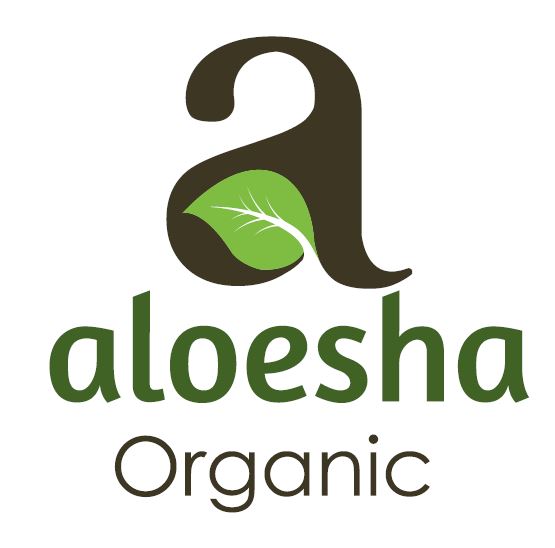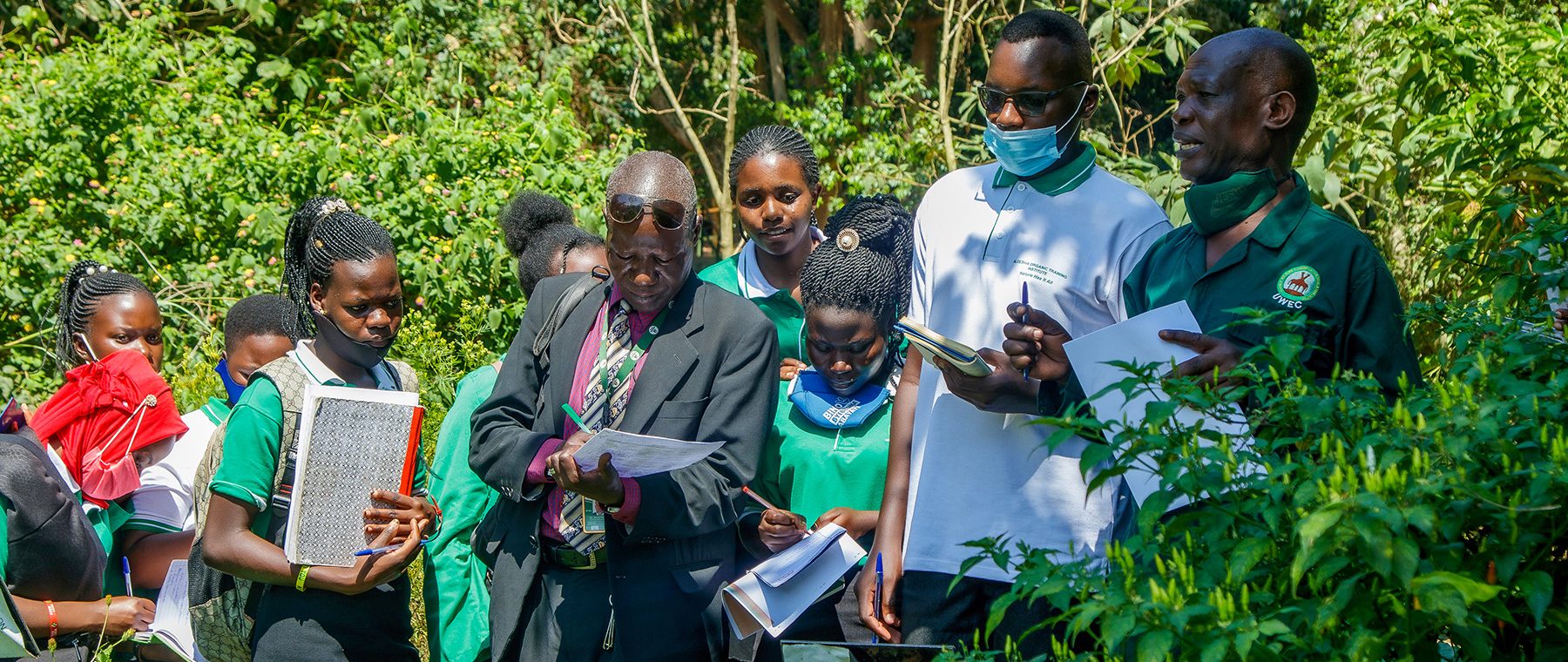Fundamentally, herbal medicine comprises portions of plants or non-purified extracts containing various components that are mostly believed to work synergistically. Over the years, the use of herbal medicines and supplements has greatly increased worldwide with both developed and developing countries embracing it. A good number of the global population has taken on herbal medicine because they believe it to be a means to attaining healthy living. Moreover, herbal medicine has been made accessible to everyone that is to say; in drug shops, supermarkets, online stores, etc…
In Uganda, herbal medicine has previously been associated with erroneous ancestral and barbaric beliefs such as witchcraft. Resulting from this, a few people wanted to be allied with herbal medicine as their primary form of health care. However, with the rising number of manufacturers of herbal medicine, increased sensitisation regarding herbal medicine, improved safety, efficacy and quality of herbal remedies, more Ugandans are adopting the use of herbal medicine. In 2021, in his national address, the president of Uganda encouraged the citizens to use herbal extracts as an alternative treatment for COVID-19. This directive, among other factors, led to an increase in the use of herbal medicine with the manufacturers within the sector marketing not only remedies for viral infections, but also the rest of their catalogue.
As the use of herbal medicine continues to grow worldwide, the risks associated with it need to be mitigated. Most of the risks of herbal medicine involve issues such as safety, quality, and efficacy. This can be managed with the government’s regulatory machinery; bodies that focus on quality controls. In Uganda, according to the new Distinctive Mark Regulations of 2018, certification of products was made compulsory as opposed to voluntary. This was in a bid to ensure that the environment and consumer health and safety were protected. A government agency known as Uganda National Bureau of Standards (UNBS) was established to certify all locally manufactured products based on the set standard. Besides, there is a drug regulatory framework; National Drug Authority (NDA) that ensures herbal medicine conforms to the required standards.
Accordingly, Aloesha Organic has ensured that the manufacturing area is well maintained and up to standard, the products manufactured are of good quality and value is created for all who purchase the products. In turn, this has built confidence of the customers in the brand. Regulation by UNBS, NDA and Ministry of Health (MoH) has aided herbal medicine manufacturers like Aloesha Organic, to not only improve the quality of herbal medicine but also prove the efficacy in the treatment of various diseases in Uganda. The brand has managed to curb the erroneous public propaganda about alternative medicinal treatment. Furthermore, the enterprise has made it a point to furnish general public ideology by sensitizing the public regarding positive effects and risks associated with the use of herbal medicines.
Therefore, as the use of herbal medicine continues to grow, there should be increased training offered to the orthodox health professionals, herbal medicine providers, and patients. It is highly likely that most of the patients are using both orthodox and herbal medicine concurrently. Consequently, both health care professionals ought to know the risks associated with the different kinds of medicine, hence be in a better position to treat the patients.

